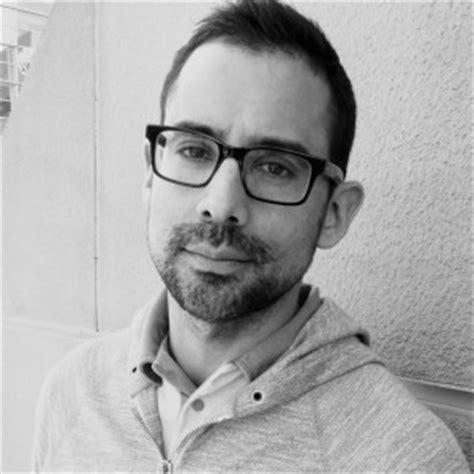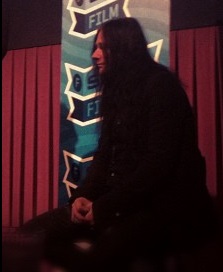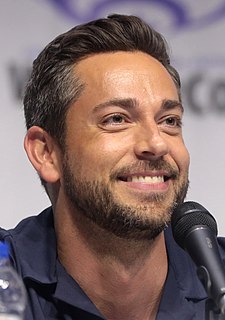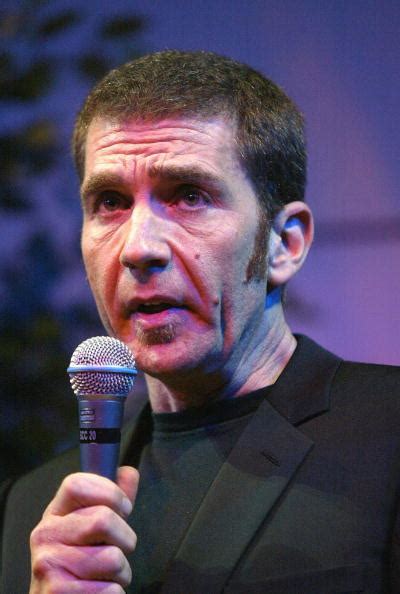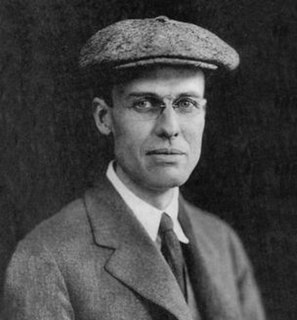A Quote by Jane Hirshfield
Poems are always interested in what Ivan Illich called 'shadow work,' not least because that is no small part of their own way of working.
Quote Topics
Related Quotes
The beam in our own eye is harder to detect, although - or more accurately because - to detect it, and remove it, is vastly more important on elementary moral grounds, and commonly more important in terms of direct human consequences as well. Intellectuals have historically played a critical function in performing these tasks, and [Ivan] Illich is right to observe that claims to scientific expertise and special knowledge are often used as a device.
Individuals are certainly interested, at times, in having their own way, and their own way may go contrary to the ways of others. But they are also interested, and chiefly interested upon the whole, in entering into the activities of others and taking part in conjoint and cooperative doings. Otherwise, no such thing as a community would be possible.
I've always been intrigued with the male characters in novels like 'Pride and Prejudice' such as Mr. Darcy, and this poem is part of a series of poems that explore desire and obsessions. The poems have been sitting in a drawer for a few years, so I decided to dust them off and work on them again since I have not written a new poem in more than three years. I'm not sure anything will become of the series, but at least it gives me something to work on in a period where I feel very uncreative.
I've always been interested in an architecture of resistance - architecture that has some power over the way we live. Working under adversarial conditions could be seen as a plus because you're offering alternatives. Still, there are situations that make you ask the questions: 'Do I want to be a part of this?'
In my own writing, I've mostly abandoned end-rhyme, but wordplay is still a huge part of my process. I've written a series of mermaid poems in the last few years. The first one was called "The Straightforward Mermaid" which arose from my delight in that word combination. After that, I decided that future mermaid poems would have to be words ending in "d" or "t," which led to "The Deadbeat Mermaid," "The Morbid Mermaid" and so forth . . .
Like a lot of small press founders I was looking for a way into publishing - as well as a way out of academia. Without moving to London, I couldn't see a way of working for a publishing house whose work I liked. Believe it or not, the simplest way for me to get into publishing was to start my own press.
Once considered an art form that called for talent, or at least a craft that called for practice, a poem now needs only sincerity. Everyone, we're assured, is a poet. Writing poetry is good for us. It expresses our inmost feelings, which is wholesome. Reading other people's poems is pointless since those aren't our own inmost feelings.


